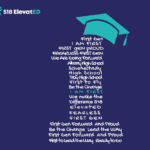By Laura Marx, 518 ElevatED President and CEO
November 8 marked the 57th anniversary of the signing of the 1965 Higher Education Act, which has helped millions of first-generation students persist to degree completion. And 2022 coincides with the Pell grant’s 50th anniversary that awards federal aid to undergraduate students who display financial need. This provides an important opportunity to bring awareness to this growing population of enrolled students.
The term first-generation is not a new word to describe students in higher education. With almost 1/3 of undergraduate students in the United States being first-generation to college, and the unique challenges they often face, this has become a renewed focus across postsecondary education.
The first question you may be asking is what determines if someone is a first-generation student. In its broadest definition and the one we use at 518 ElevatED, it is defined as students where neither parent holds a bachelor’s degree. However, different educational institutions and organizations may have variations on this.
Looking at some of the challenges that first-generation students face may help drive some of the programming and additional supports that would be beneficial so these students persist in college and graduate with a bachelor’s degree.
First-generation students often have an increased fear of failure, limited social and familial support, and a lack of college-level study skills. Because of this, they tend to struggle academically, socially, and financially compared to their continuing-generation peers. In addition, many first-generation students hide their first-gen status for fear of the stereotypes about their perceived intellectual ability and skill sets. This lack of acknowledgment contributes to the underutilization of available resources.
By learning about what first-generation students need and how educational institutions can support them, these students have the power to break generational cycles and create new paths for others in their families and communities.
The following tips will help any college student but can be especially important for those who are the first in their family to attend college.
Get to Know Your Professors
Getting to know your professors can help you excel in that particular class, but it can also help you later on if you need a letter of recommendation for an internship, grad school, or a job. When professors announce their office hours, they want you to use them. Whether you need help with the material, have a specific question, or like something they mentioned in a lecture, stop by and talk with them about it.
Use the College Writing Center, Career Center, and Other On-Campus Resources
These resources are there for you and many students underutilize them. If you are struggling with a writing assignment or need another perspective on your thesis statement, the writing center can provide constructive feedback that can improve your grade on that paper and strengthen your writing overall. In addition, the career center can help with developing your resume, writing a cover letter, and even practicing tricky internship or job interview questions.
Consider Studying Abroad
Studying abroad is often a once-in-a-lifetime experience that can broaden your scope of understanding of other people and cultures. It can give you a new perspective on your academic studies and help develop potential career interests.
Additional information and resources for first-generation students are available on the Center for First-Generation Student Success’s website.
